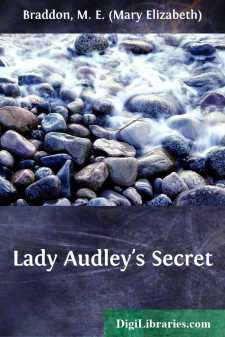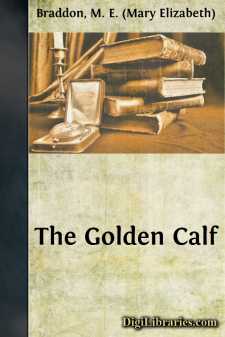Categories
- Antiques & Collectibles 13
- Architecture 36
- Art 48
- Bibles 22
- Biography & Autobiography 816
- Body, Mind & Spirit 145
- Business & Economics 28
- Children's Books 18
- Children's Fiction 14
- Computers 4
- Cooking 94
- Crafts & Hobbies 4
- Drama 346
- Education 58
- Family & Relationships 59
- Fiction 11831
- Foreign Language Study 3
- Games 19
- Gardening 17
- Health & Fitness 34
- History 1378
- House & Home 1
- Humor 147
- Juvenile Fiction 1873
- Juvenile Nonfiction 202
- Language Arts & Disciplines 89
- Law 16
- Literary Collections 686
- Literary Criticism 179
- Mathematics 13
- Medical 41
- Music 40
- Nature 179
- Non-Classifiable 1768
- Performing Arts 7
- Periodicals 1453
- Philosophy 66
- Photography 2
- Poetry 897
- Political Science 203
- Psychology 45
- Reference 154
- Religion 516
- Science 126
- Self-Help 86
- Social Science 82
- Sports & Recreation 34
- Study Aids 3
- Technology & Engineering 59
- Transportation 23
- Travel 463
- True Crime 29
Our website is made possible by displaying online advertisements to our visitors.
Please consider supporting us by disabling your ad blocker.
Lady Audley's Secret
Description:
Excerpt
CHAPTER I.
LUCY.
It lay down in a hollow, rich with fine old timber and luxuriant pastures; and you came upon it through an avenue of limes, bordered on either side by meadows, over the high hedges of which the cattle looked inquisitively at you as you passed, wondering, perhaps, what you wanted; for there was no thorough-fare, and unless you were going to the Court you had no business there at all.
At the end of this avenue there was an old arch and a clock tower, with a stupid, bewildering clock, which had only one hand—and which jumped straight from one hour to the next—and was therefore always in extremes. Through this arch you walked straight into the gardens of Audley Court.
A smooth lawn lay before you, dotted with groups of rhododendrons, which grew in more perfection here than anywhere else in the county. To the right there were the kitchen gardens, the fish-pond, and an orchard bordered by a dry moat, and a broken ruin of a wall, in some places thicker than it was high, and everywhere overgrown with trailing ivy, yellow stonecrop, and dark moss. To the left there was a broad graveled walk, down which, years ago, when the place had been a convent, the quiet nuns had walked hand in hand; a wall bordered with espaliers, and shadowed on one side by goodly oaks, which shut out the flat landscape, and circled in the house and gardens with a darkening shelter.
The house faced the arch, and occupied three sides of a quadrangle. It was very old, and very irregular and rambling. The windows were uneven; some small, some large, some with heavy stone mullions and rich stained glass; others with frail lattices that rattled in every breeze; others so modern that they might have been added only yesterday. Great piles of chimneys rose up here and there behind the pointed gables, and seemed as if they were so broken down by age and long service that they must have fallen but for the straggling ivy which, crawling up the walls and trailing even over the roof, wound itself about them and supported them. The principal door was squeezed into a corner of a turret at one angle of the building, as if it were in hiding from dangerous visitors, and wished to keep itself a secret—a noble door for all that—old oak, and studded with great square-headed iron nails, and so thick that the sharp iron knocker struck upon it with a muffled sound, and the visitor rung a clanging bell that dangled in a corner among the ivy, lest the noise of the knocking should never penetrate the stronghold.
A glorious old place. A place that visitors fell in raptures with; feeling a yearning wish to have done with life, and to stay there forever, staring into the cool fish-ponds and counting the bubbles as the roach and carp rose to the surface of the water. A spot in which peace seemed to have taken up her abode, setting her soothing hand on every tree and flower, on the still ponds and quiet alleys, the shady corners of the old-fashioned rooms, the deep window-seats behind the painted glass, the low meadows and the stately avenues—ay, even upon the stagnant well, which, cool and sheltered as all else in the old place, hid itself away in a shrubbery behind the gardens, with an idle handle that was never turned and a lazy rope so rotten that the pail had broken away from it, and had fallen into the water....












